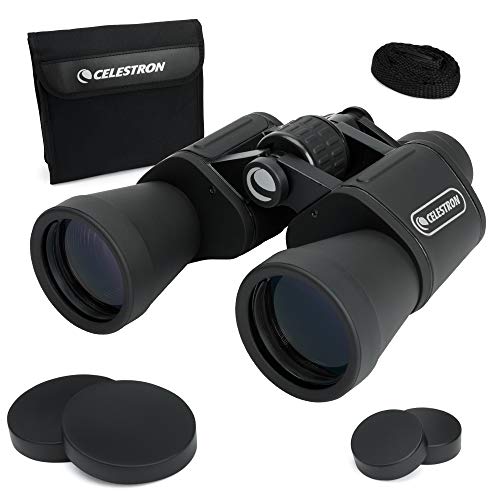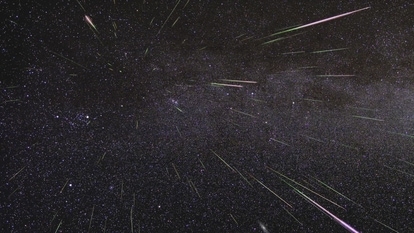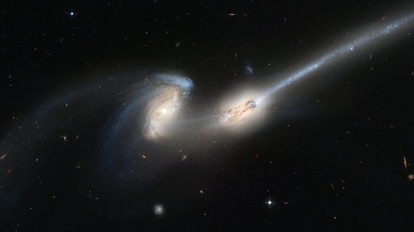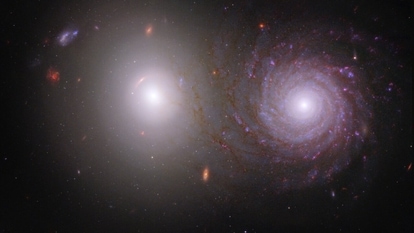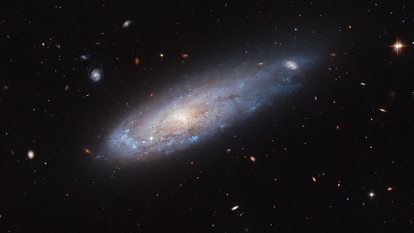Will 1614-foot asteroid Bennu ever crash into Earth? NASA's OSIRIS-REx craft watching closely
NASA JPL has studied an asteroid named Bennu with the help of its OSIRIS-REx spacecraft. Will the 1614-foot asteroid Bennu hit the planet? Here’s what NASA has to say about this asteroid.
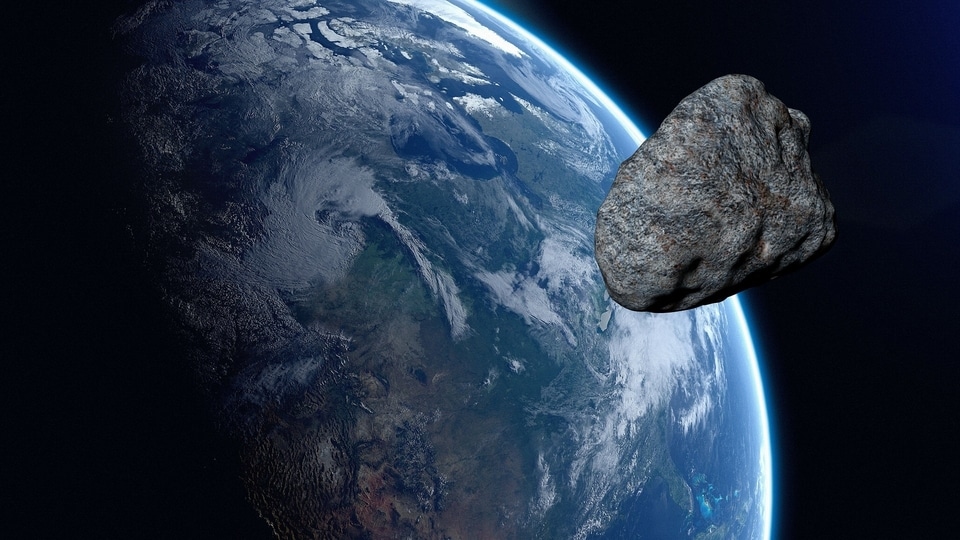
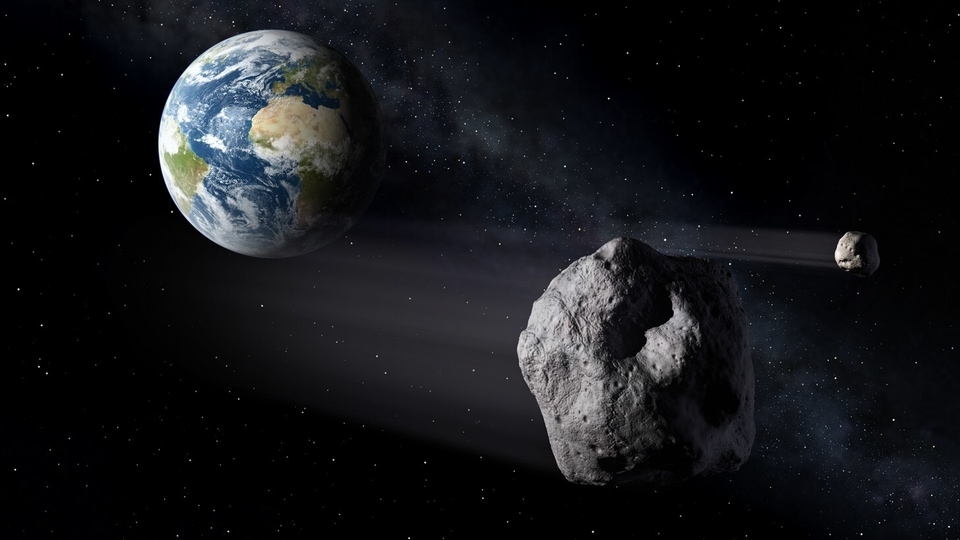
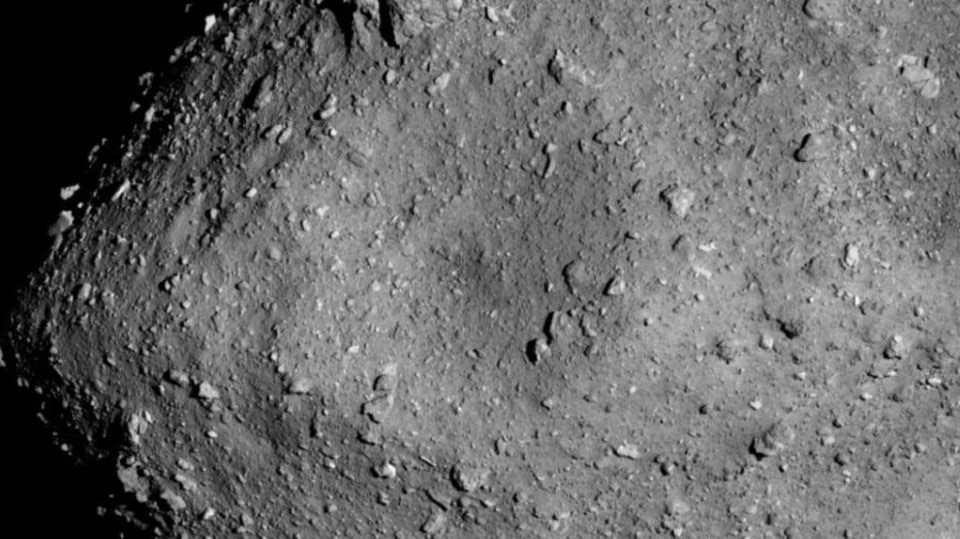
_1639115875543_1639115887157.jpg)
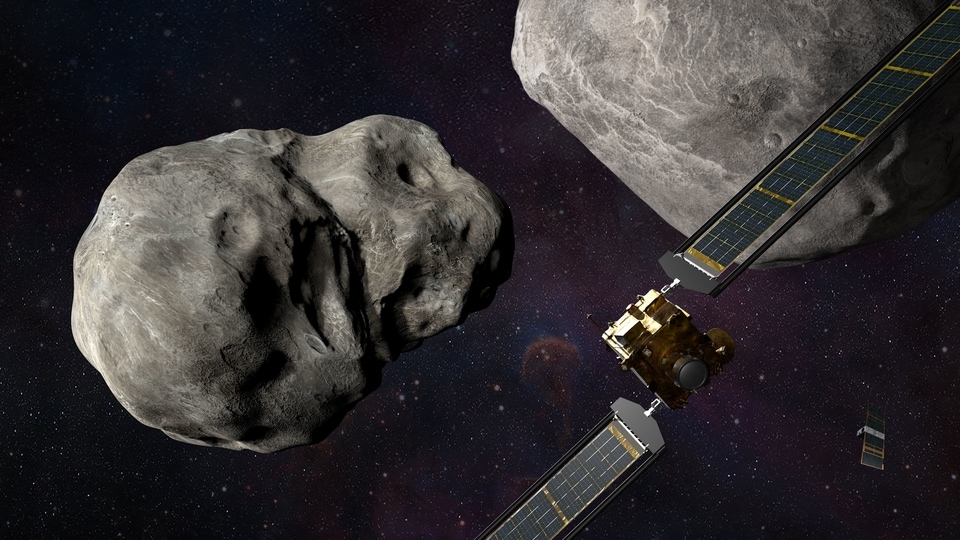
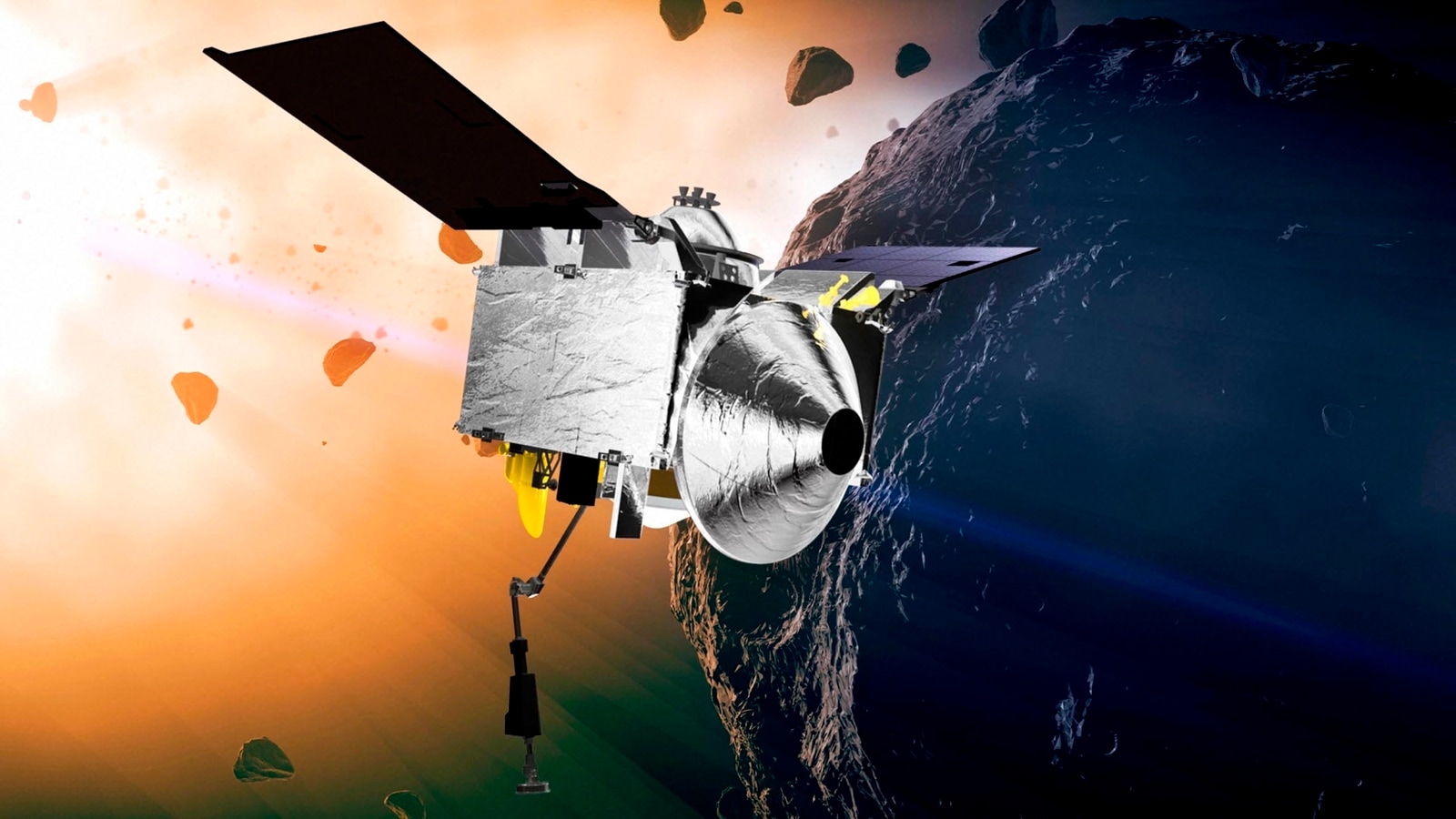
 View all Images
View all ImagesAsteroids have been flying closely by Earth for millions of years and some have crashed into it. August alone has witnessed more than 40 asteroids passing by and September is set to continue the pattern as we have already seen more than a dozen asteroids passing by closely. However, all these asteroids are relatively small in size with a width of a couple of hundred feet. Still, NASA has classified all these asteroids as Potentially Hazardous Asteroid (PHA) due to the close proximity with which they pass by Earth.
These asteroids, although heading for Earth pass by at a safe distance. That does not mean no asteroid will ever impact the planet. NASA JPL has been observing an asteroid named Bennu which orbits the sun every 1.2 years and makes a relatively close approach to Earth about every six years. The asteroid is absolutely massive in size with a diameter of nearly 1614 feet. The space agency has mapped the trajectory of the Bennu asteroid using the OSIRIS-REx spacecraft up to the year 2135 using 29 radar observations and 478 optical observations of the asteroid, conducted by trackers around the world between September 1999 and January 2011.
According to NASA JPL, the close approach with Earth in the year 2135 will change the asteroid's trajectory a little and could potentially result in an Earth impact between 2175 and 2199. CNEOS has predicted a 0.037 percent chance of this impact, meaning there is a 99.963 probability that the Bennu asteroid will not collide with Earth.
The path of an asteroid usually gets deflected due to its interaction with various forces in the solar system. One of these forces is called Yarkovsky effect which is generated from the heat of the Sun. Steve Chesley, senior research scientist at JPL and study co-investigator explained in a NASA blog, “The Yarkovsky effect will act on all asteroids of all sizes, and while it has been measured for a small fraction of the asteroid population from afar, OSIRIS-REx gave us the first opportunity to measure it in detail as Bennu travelled around the Sun.
“The effect on Bennu is equivalent to the weight of three grapes constantly acting on the asteroid – tiny, yes, but significant when determining Bennu's future impact chances over the decades and centuries to come,” he further explained.
Catch all the Latest Tech News, Mobile News, Laptop News, Gaming news, Wearables News , How To News, also keep up with us on Whatsapp channel,Twitter, Facebook, Google News, and Instagram. For our latest videos, subscribe to our YouTube channel.


